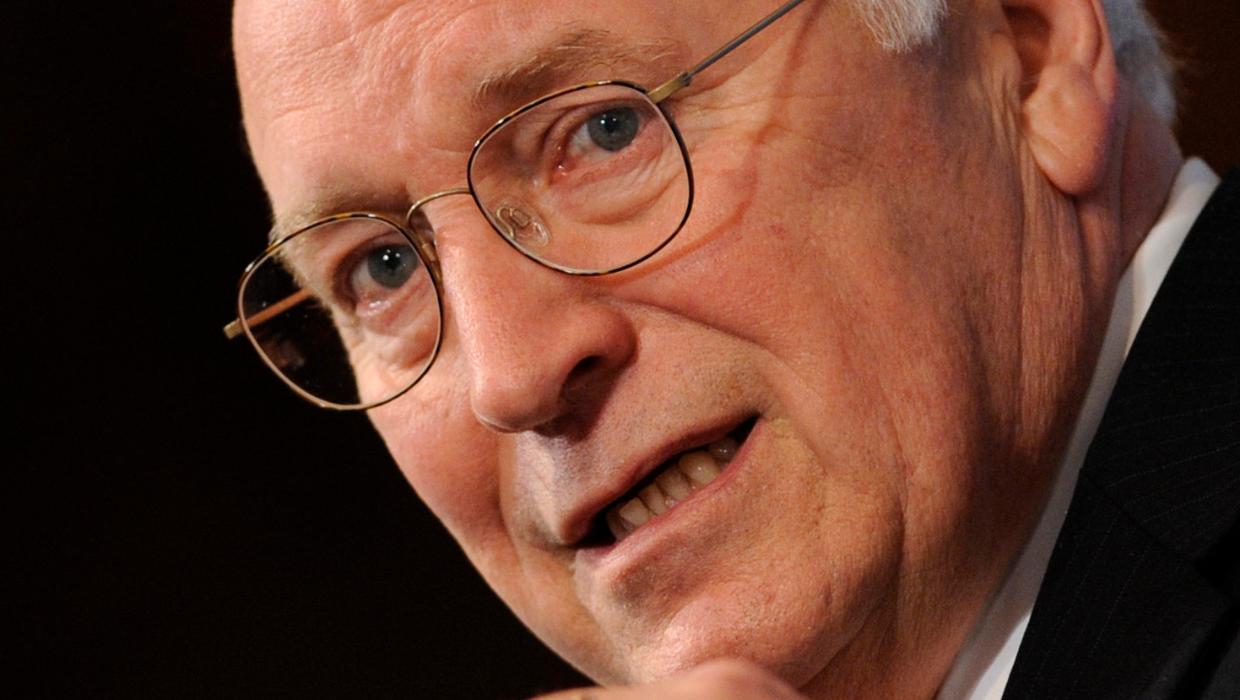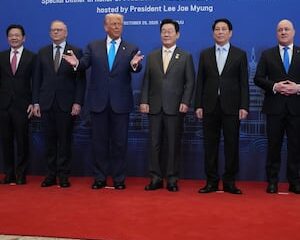Politics
Former Vice President Dick Cheney Passes Away at 84

Dick Cheney, who served as the Vice President of the United States from 2001 to 2009, has died at the age of 84. Cheney, a significant figure in American politics, was known for his influential, and often controversial, role in shaping U.S. foreign policy, particularly regarding the 2003 invasion of Iraq.
Born on January 30, 1941, in Lincoln, Nebraska, Cheney’s political career spanned several decades, including key positions in both the Nixon and Ford administrations. He later became the CEO of Halliburton, a multinational corporation that provided services to the energy sector, before stepping into the role of Vice President under President George W. Bush.
Legacy as a Controversial Figure
Cheney’s tenure as Vice President was marked by a hard-charging conservative agenda and a focus on national security. He was a staunch advocate for the Iraq War, arguing that it was necessary to combat terrorism and safeguard U.S. interests. His hawkish stance and strong advocacy for military action made him a polarizing figure, admired by some for his decisiveness and criticized by others for his aggressive tactics.
Throughout his political journey, Cheney was often at the center of major national debates, particularly regarding the use of intelligence to justify military interventions. His support for the 2001 Patriot Act and other security measures following the September 11 attacks reflected his commitment to a robust national defense.
Impact on American Politics
The impact of Cheney’s policies is still felt today, with ongoing discussions about the implications of the Iraq War and U.S. foreign policy in the Middle East. Many view him as a key architect of a new era in American military engagement abroad, while others see him as a symbol of the failures of that approach.
After leaving office, Cheney remained an influential voice in political circles, often sharing his views through various media outlets and publications. His memoir, titled “In My Time,” provided insights into his perspective on the decisions made during his time in office.
Cheney’s death marks the end of an era for a figure who shaped significant aspects of U.S. policy in the early 21st century. As tributes pour in from various political figures and organizations, his legacy continues to be a topic of vigorous debate.
In a statement, former President George W. Bush expressed his condolences, highlighting Cheney’s commitment to the country and his role in national security. “Dick was a man of courage and conviction,” Bush stated. “He served our nation with honor and will be missed.”
As the nation reflects on his contributions and controversies, Cheney’s passing serves as a reminder of the complexities of U.S. political history and the lasting effects of leadership decisions.
-

 Sports2 months ago
Sports2 months agoNetball New Zealand Stands Down Dame Noeline Taurua for Series
-

 Entertainment2 months ago
Entertainment2 months agoTributes Pour In for Lachlan Rofe, Reality Star, Dead at 47
-

 Entertainment3 weeks ago
Entertainment3 weeks agoNew ‘Maverick’ Chaser Joins Beat the Chasers Season Finale
-

 Sports2 months ago
Sports2 months agoSilver Ferns Legend Laura Langman Criticizes Team’s Attitude
-

 Sports2 days ago
Sports2 days agoEli Katoa Rushed to Hospital After Sideline Incident During Match
-

 Politics1 month ago
Politics1 month agoNetball NZ Calls for Respect Amid Dame Taurua’s Standoff
-

 Entertainment2 months ago
Entertainment2 months agoKhloe Kardashian Embraces Innovative Stem Cell Therapy in Mexico
-

 World3 months ago
World3 months agoPolice Arrest Multiple Individuals During Funeral for Zain Taikato-Fox
-

 Sports3 months ago
Sports3 months agoGaël Monfils Set to Defend ASB Classic Title in January 2026
-

 Entertainment1 month ago
Entertainment1 month agoTyson Fury’s Daughter Venezuela Gets Engaged at Birthday Bash
-

 Sports1 month ago
Sports1 month agoHeather McMahan Steps Down as Ryder Cup Host After Controversy
-

 World2 weeks ago
World2 weeks agoSevere Winds Hit New Zealand, Over 100 Flights Canceled





















